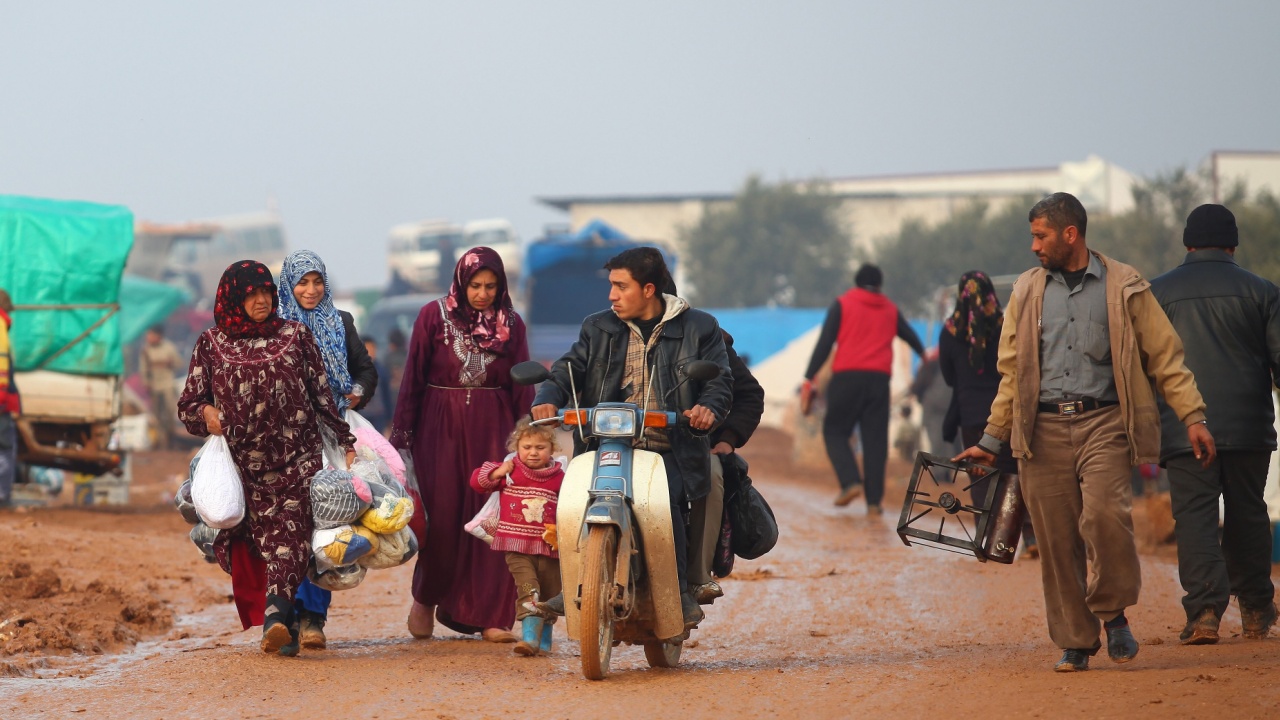The potential for Syria to repatriate millions of refugees hinges on the readiness of its transitional government, led by Ahmed al-Sharaa, to implement a comprehensive and secure plan. With approximately 14 million Syrians displaced globally, including 6 million in neighboring countries and Europe, the dialogue around repatriation has intensified, particularly among European nations facing domestic pressures.
As the European Union (EU) evaluates its asylum policies, some member states are beginning to suspend asylum claims and contemplate the deportation of Syrian refugees. This shift has been influenced by the perceived stabilization in Syria following the fall of the Assad regime and the governance changes brought forth by Hay’at Tahrir al-Sham (HTS). Despite these developments, critical questions remain regarding the safety and viability of returning to Syria.
Assessing the Situation for Returnees
Since the regime’s fall, the UNHCR has reported that nearly 500,000 Syrians have returned to their homeland. Yet, returnees confront severe challenges. Persistent insecurity, sporadic violence, and extensive damage to infrastructure complicate the reintegration process. Economic instability and a lack of adequate public services further hinder efforts to support returning populations. Many in the Syrian diaspora express skepticism about the safety and political stability of the country.
Although armed conflict has diminished, the social and political fabric of Syria remains fragile. Any repatriation strategy must be cautious and phased to prevent a resurgence of conflict.
Social Divisions and Political Progress
Despite the absence of widespread sectarian violence, Syria remains deeply divided, complicating the safe return of displaced citizens. The transitional government has made strides, such as forming a more inclusive cabinet with representation from Kurdish and Christian communities and promoting a fatwa to discourage revenge killings. However, targeted violence against minority groups continues, indicating that the conditions for large-scale repatriation are not yet in place.
Recent attacks, such as the bombing of Mar Elias Church in Damascus, which resulted in 25 civilian deaths, illustrate the ongoing threats faced by vulnerable populations. Additionally, tensions have escalated due to Israeli military strikes in response to unrest in the Druze community, highlighting the precarious environment in the region.
For refugees to return safely, guarantees of legal protections and community readiness to receive them are essential. Without this framework, returnees may encounter discrimination and violence, violating international humanitarian principles, including the prohibition against returning individuals to unsafe conditions.
International support is crucial for Syria’s transition. Gulf states, including the UAE, Qatar, and Saudi Arabia, have started providing aid, while the EU has committed €2.5 billion for stabilization efforts. These funds should be strategically targeted towards community peacebuilding and reintegration programs that respect the diverse fabric of Syrian society.
Healthcare and Landmine Challenges
The humanitarian crisis in Syria is exacerbated by a crumbling healthcare system, devastated by years of conflict and sanctions. Many hospitals and clinics remain understaffed and lack essential resources, particularly in rural areas. The Syrian Arab Red Crescent and other NGOs have faced funding cuts, further limiting their ability to respond to the population’s needs.
Compounding the situation is the ongoing threat posed by landmines and explosive remnants of war, which have caused over 1,000 casualties in just six months, with children comprising nearly one-third of the victims. A significant influx of returnees could overwhelm the already fragile healthcare infrastructure, making immediate investment in health services and landmine clearance a priority.
Property Rights and Legal Frameworks
One of the most pressing challenges facing returning refugees is the lack of secure property rights. The UN Syria Commission has documented widespread looting and destruction of property, primarily by former government forces. Laws enacted during the Assad era, such as Legislative Decree No. 66 and Law No. 10, have facilitated state expropriation of property without compensation, disproportionately affecting displaced populations.
In regions now controlled by HTS, property claims remain precarious. A lack of formal documentation leaves many returnees vulnerable to dispossession, deterring them from returning and complicating reconstruction efforts. While the interim government has not yet addressed these laws directly, increasing public pressure suggests a potential shift toward reform.
To effectively manage property disputes and facilitate the return process, a neutral, internationally backed commission could be established, similar to the Commission for Real Property Claims of Displaced Persons and Refugees in Bosnia and Herzegovina. This body could help resolve property claims in a fair and transparent manner.
Preconditions for Repatriation
The question of when Syria will be ready to welcome back its displaced citizens depends on meeting several critical conditions. These include demonstrable protections for minority rights, a resilient healthcare system, clearance of explosive remnants, and enforceable property rights. The establishment of these pillars is essential for ensuring a safe and sustainable repatriation process.
A carefully coordinated repatriation plan, supported by robust international funding and monitoring, is crucial to avoid premature returns that could lead to renewed conflict and displacement. The EU should develop a comprehensive plan, linking any development aid or sanctions relief to measurable progress toward clearly defined benchmarks.
To oversee the return process, a civilian monitoring mission under UN auspices should be established to document human rights violations and engage with Syrian civil society. These measures are vital to preventing the premature return of refugees, which could escalate tensions both within Syria and in host countries.
In conclusion, Syria’s path to repatriating its displaced population is fraught with challenges. The international community must play a proactive role in supporting the transitional government’s efforts and ensuring that the conditions for a safe return are met. Only then can the journey towards stability and security for returning Syrians begin.
